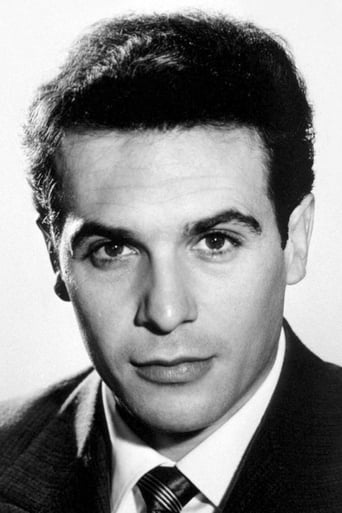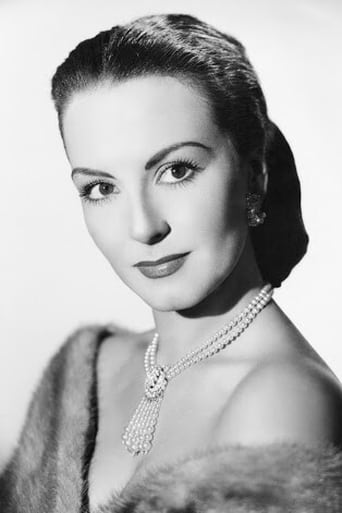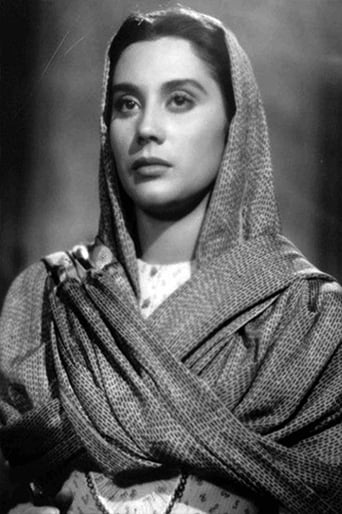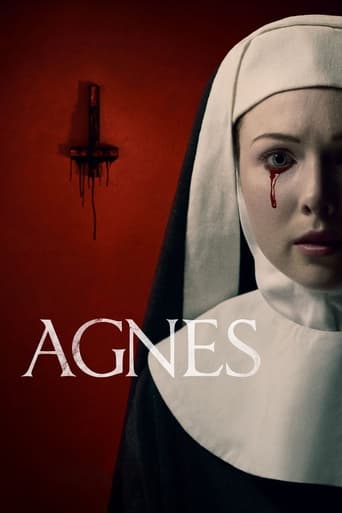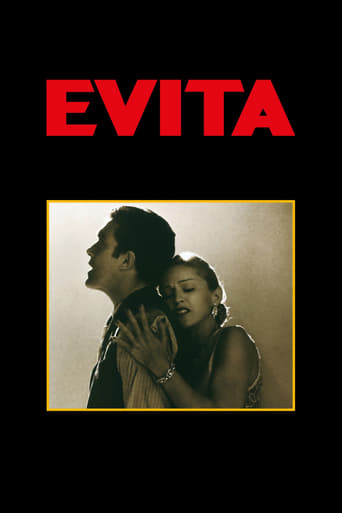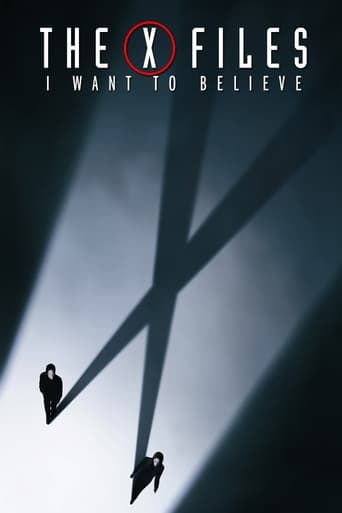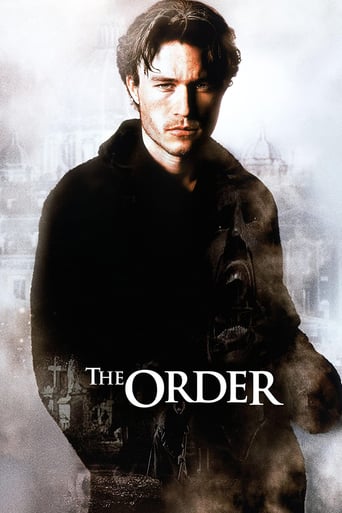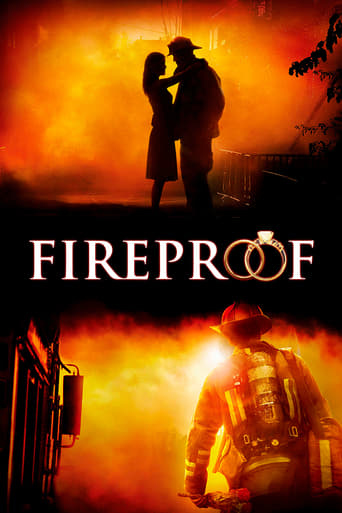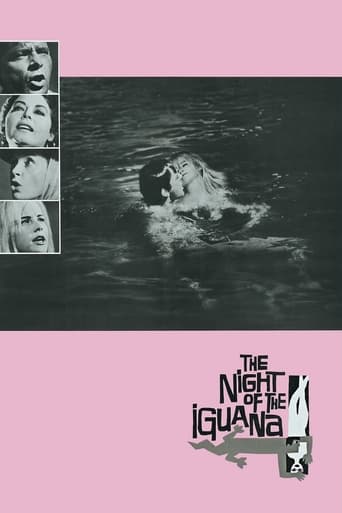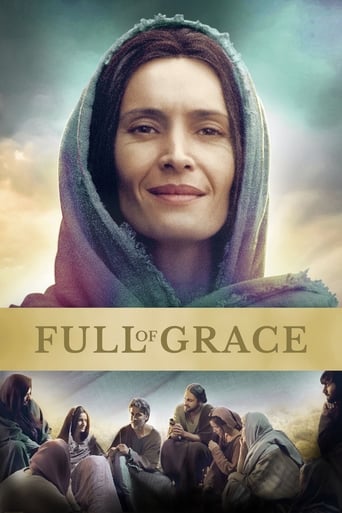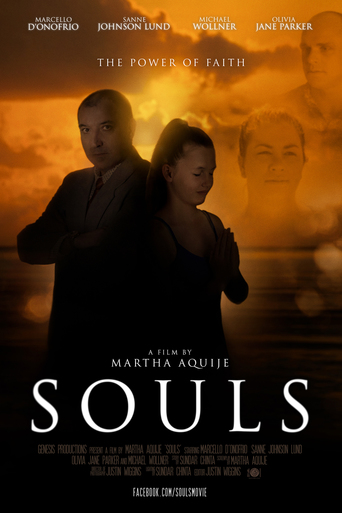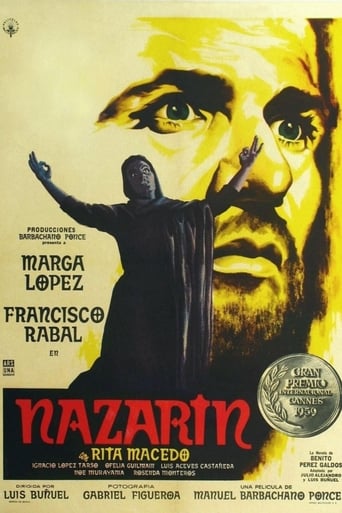
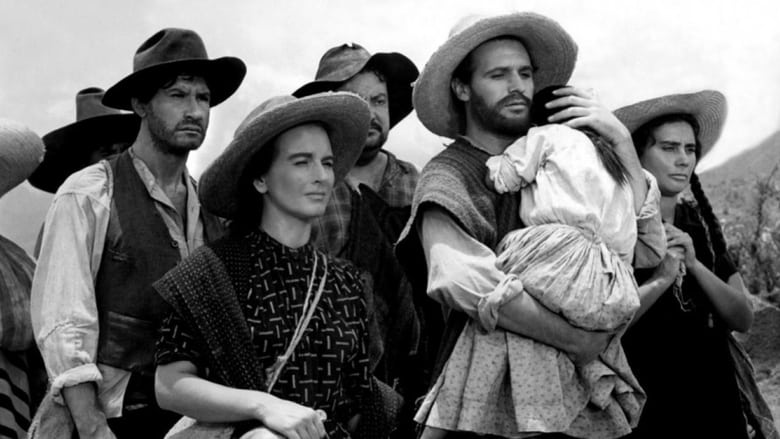
Nazarin (1959)
After hiding a murderer, a Catholic priest is forced into self-exile and decides to embark on a pilgrimage through the Mexican countryside.
Watch Trailer
Cast
Similar titles
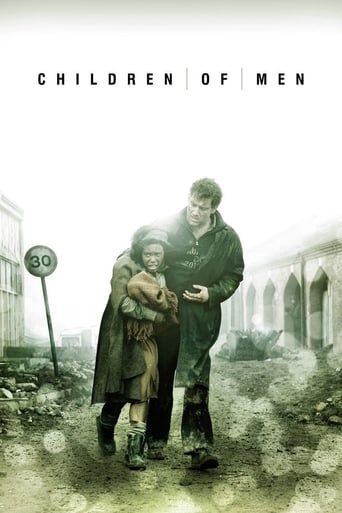
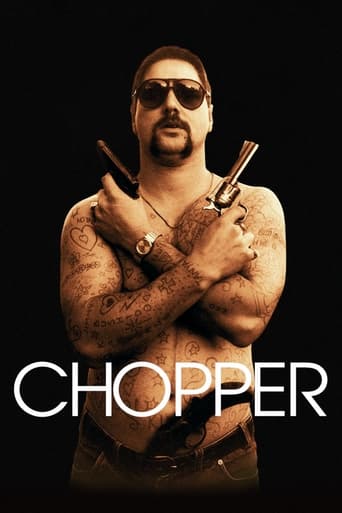
Reviews
Powerful
Yo, there's no way for me to review this film without saying, take your *insert ethnicity + "ass" here* to see this film,like now. You have to see it in order to know what you're really messing with.
It really made me laugh, but for some moments I was tearing up because I could relate so much.
Like the great film, it's made with a great deal of visible affection both in front of and behind the camera.
A priest (Francisco Rabal) in a poor community lives a charitable life in accordance with his religious principles, but many others do not return the favor.There are two things that really stood out for me with this title. One, if I am not mistaken, Bunuel had a rocky relationship with Catholicism. Yet, here the priest is the hero, and in no facetious or false way. He truly lives a good life, a devout life, and is helpful to his fellow man. He is an inspiration to us all.Second, Francisco Rabal is amazing and really drives this film. He starred in three films directed by Buñuel - "Nazarín", of course, but then later "Viridiana" (1961) and "Belle de jour" (1967). Interestingly, William Friedkin thought of Rabal for the villain of "The French Connection" (1971). However, he could not remember the name of "that Spanish actor". Mistakenly, his staff hired another Spanish actor, Fernando Rey. Friedkin discovered that Rabal did not speak English or French, so he decided to keep Rey. Rabal had previously worked with Rey in "Viridiana". Rabal did, however, work with Friedkin in the much less successful but Academy Award-nominated cult classic "Sorcerer" (1977), a remake of "The Wages of Fear" (1953).
about faith as only manner to live. about the struggle to be Christian. all in the web of Bunuel's cruel and subtle irony. a remarkable film for the image of a way. for the crumbs from Don Quixote. for the science to explore social expectations and the self protection of many. grace full, courageous, cruel, cold, the same Bunuel who looking the decomposition of illusions. a man. and two woman. Mexican villages. the message. the sacrifice. and the shadow of doubt. it is more than a religious film. like each film of Bunuel, it represents perfect support for reflection. about life, people and faith's expressions. about ideal. and about its high price. nothing new, at the first sigh. but useful. for define yourself.
a Christian film. at first sigh. A speech about faith, goodness, charity, sacrifice, innocence. illustration for Imitatio Cristi. only problem - it is a Bunuel film. and this fact is present at each step. the images from Goya, the darkness of Romano-Catholic priests, the fall of Emaus way, the cruelty as basic ingredient. so, it is not a Crist portrait but only the testimony about vain fight against world. Rabal character may be another prince Mishkin. a new lamb in a small circle. because, for its director, the film remains only ticket for return in Spain. a form of E pur si muove. nothing else. the virtues of father Nazarin are only drawn flowers. and if it remains a Christian film, it is public merit.it is touching and strange. one of a great director works. and beautiful occasion for Francisco Rabal to do an admirable role.
Nazarin (1958) *** (out of 4) Luis Bunuel's "religious" film about a good hearted priest (Francisco Rabal) who does anything he can to help sinners but this might cause his fall from grace. I don't normally mind Bunuel's overbearing religious stances but this film got on my nerves. Technically speaking it's well made and has a good performance by Rabal but it goes too over the top with its speeches about good and evil. The priest is just showed way too good and everyone else is just showed way too bad. The good vs. bad aspect just seems too false for me to take the film too serious.
